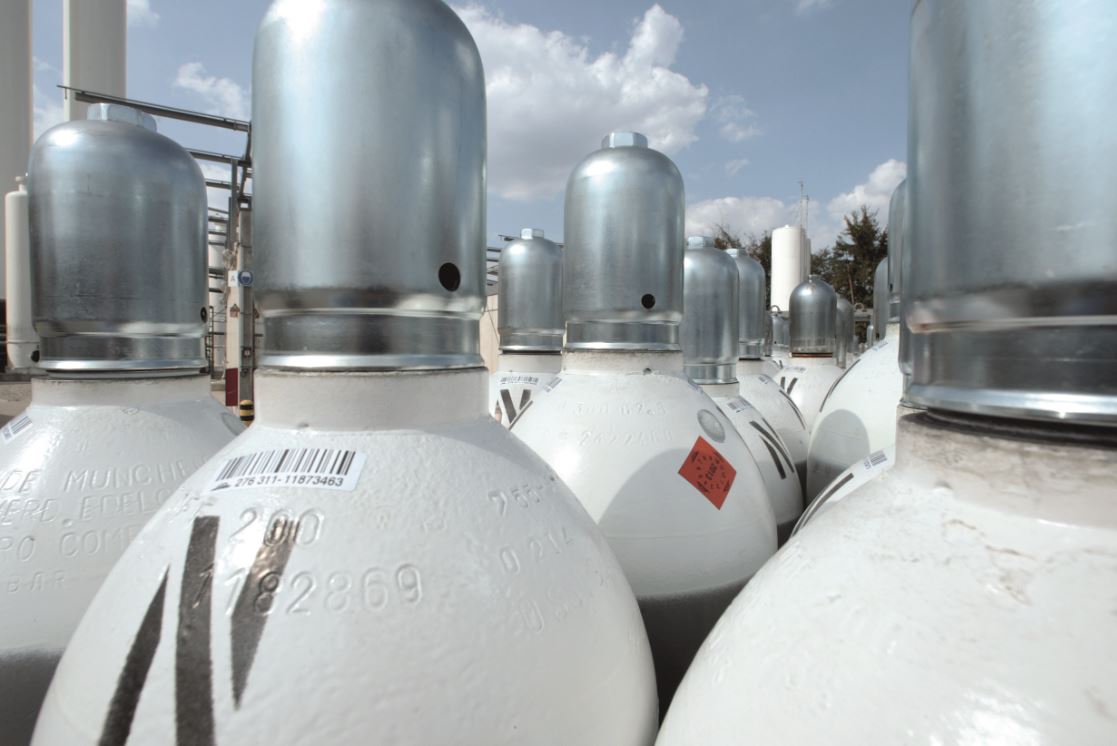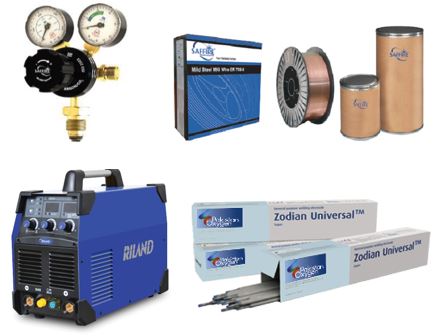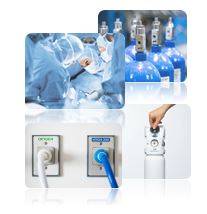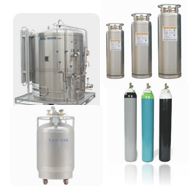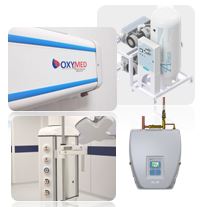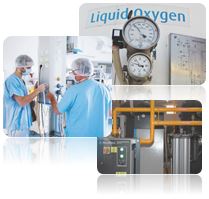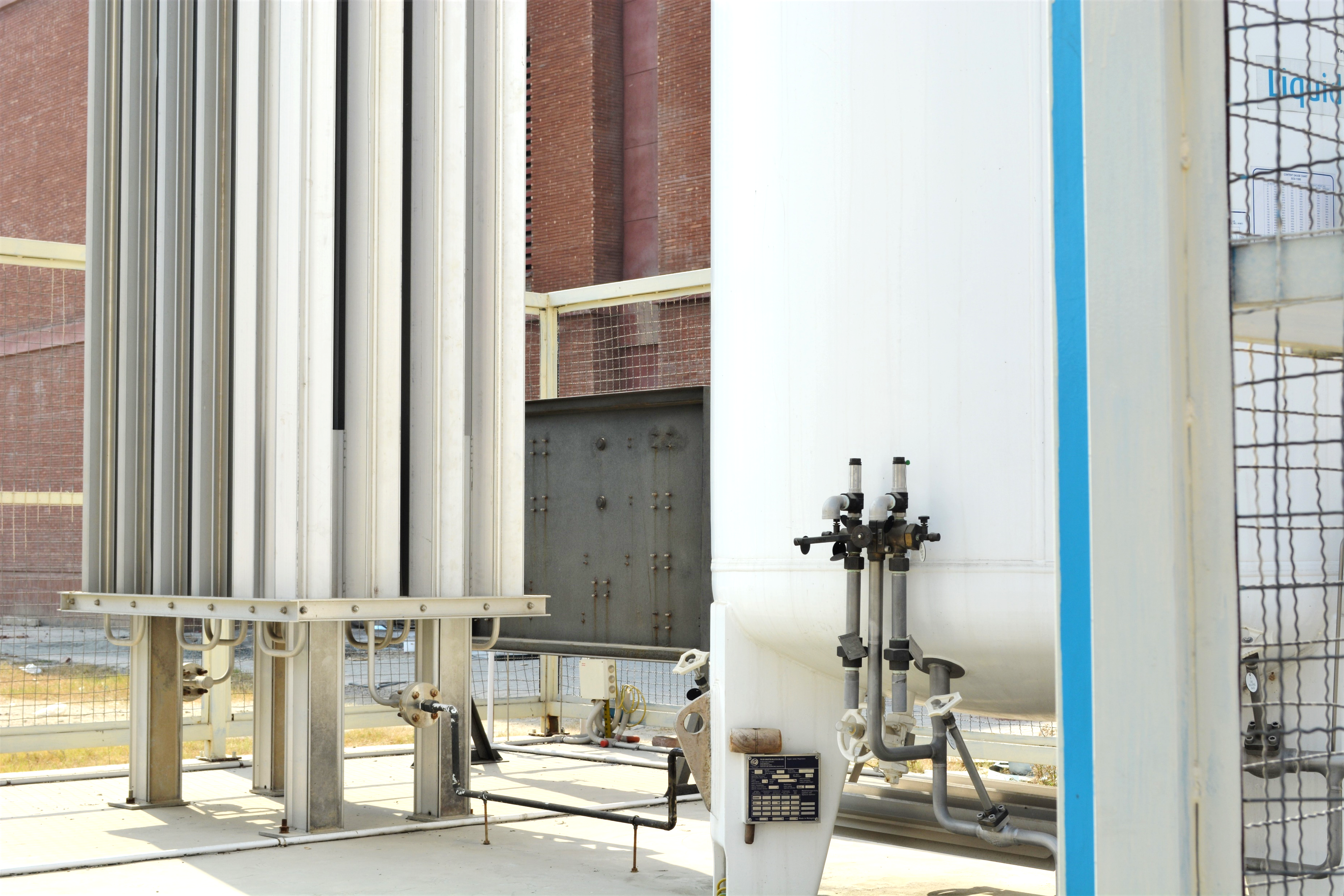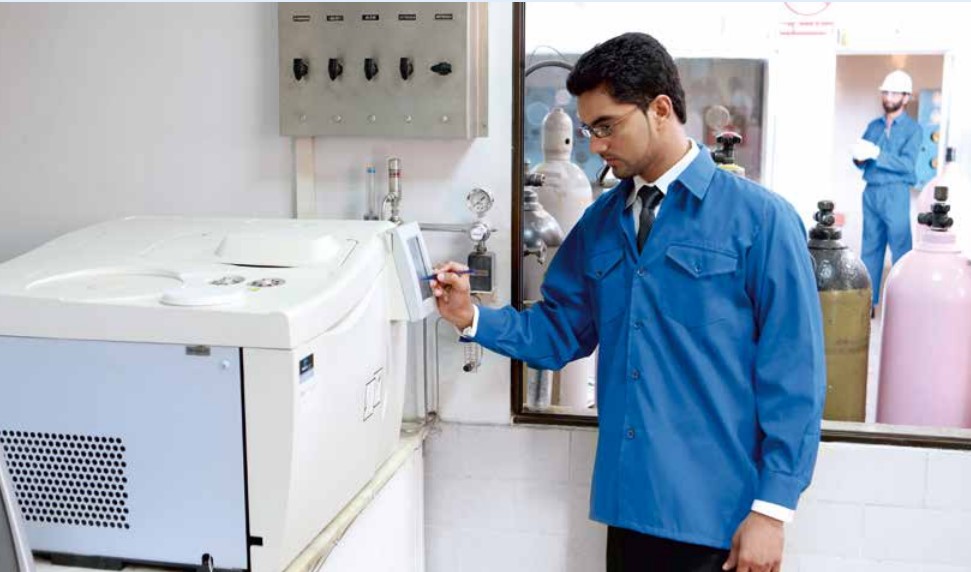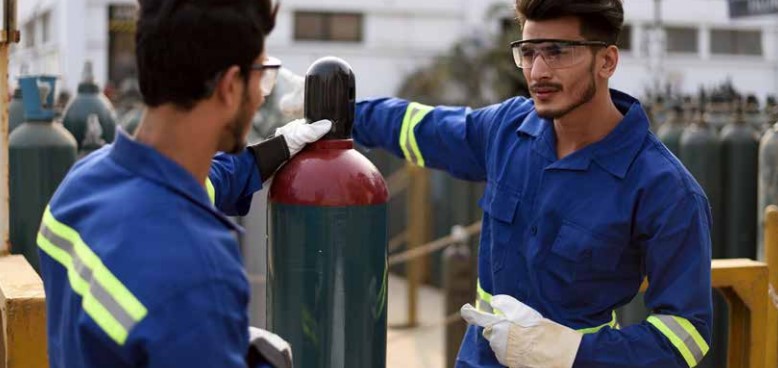Medical Gas Safety Trainings
Medical Gas Safety Trainings
Medical gas safety courses are designed for hospital nursing staff, storeroom people, porters, and technicians to train for safe use of medical gases, take appropriate action in emergency situations, and know in-detail about medical gas systems.
